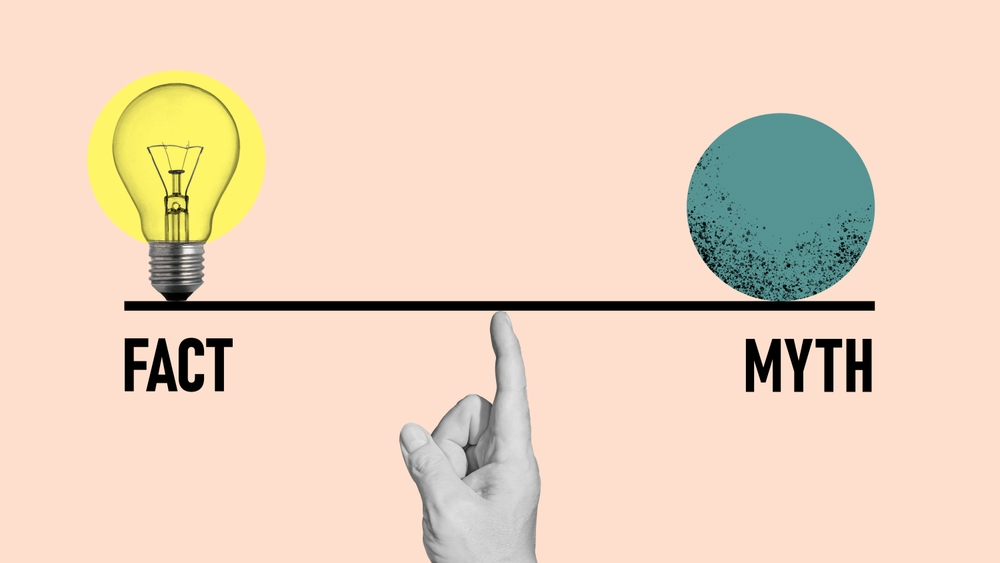Fact-Checking: Fighting Misinformation Online
The Rise of Misinformation in the Digital Age
In the current digital era, the spread of misinformation has become a significant issue. Misinformation can be defined as false or misleading information spread, regardless of intent to deceive. With the advent of social media platforms, misinformation has found a breeding ground where it proliferates at an alarming rate. This trend is concerning as millions of individuals access information online every day, often without verifying its accuracy. The fight against misinformation online is crucial to maintain the integrity of information and ensure that the public remains informed with facts, not falsehoods.
Several factors contribute to the rise of misinformation. Firstly, the rapid dissemination of information on platforms such as Facebook, Twitter, and Instagram allows false news to spread quickly, often faster than credible news sources can debunk it. Secondly, the algorithms used by these platforms tend to prioritize content that garners more engagement, which often includes sensationalist or misleading headlines. Finally, the lack of critical media literacy among users also contributes to the problem, as many individuals do not possess the skills necessary to discern reliable sources from unreliable ones.

The Role of Fact-Checking Organizations
Fact-checking organizations play a pivotal role in combating misinformation online. These organizations are dedicated to verifying the facts presented in various forms of media, from news articles to social media posts. Notable fact-checking entities, such as Snopes, FactCheck.org, and PolitiFact, work tirelessly to provide the public with accurate information. These organizations utilize rigorous methodologies to assess the validity of claims, offering transparent and evidence-based conclusions.
In recent years, tech companies have also started to collaborate with fact-checking organizations to reduce the spread of misinformation. For instance, Facebook and Twitter have integrated fact-checking features into their platforms, labeling false or misleading content and providing users with links to verified information. This partnership between tech companies and fact-checkers is a crucial step in the fight against misinformation online.
Tools and Strategies for Individuals
Individuals also have a role to play in fighting misinformation online. There are several tools and strategies that can help users verify the accuracy of information. First and foremost is the practice of double-checking sources. Users should look for information from reputable news outlets with a track record of accuracy. Additionally, users can utilize fact-checking websites to validate the information before sharing it further.
Another effective strategy is to be skeptical of sensationalist headlines. These are often used to attract clicks and may misrepresent the facts. Critical thinking and media literacy skills are essential in navigating today’s media landscape. Educational programs focused on these skills can empower users to better identify misinformation and make informed decisions.
The Impact of Education on Combating Misinformation
Education is a powerful tool in the fight against misinformation online. By fostering critical thinking skills and teaching media literacy, educational institutions can prepare individuals to navigate the complex information environment effectively. Schools and universities are beginning to incorporate these skills into their curricula, recognizing the importance of equipping students with the ability to critically evaluate information.
Moreover, public awareness campaigns are also essential in educating the general population about the dangers of misinformation and how to combat it. Government bodies, non-profit organizations, and media companies can collaborate to create impactful campaigns that highlight the importance of fact-checking and the dangers of spreading false information.
Conclusion: The Ongoing Battle Against Misinformation
In conclusion, the fight against misinformation online is a complex but essential endeavor. With the rise of digital communication, misinformation has become a pervasive issue that requires a multifaceted approach to tackle. Fact-checking organizations, tech companies, individuals, and educational institutions all have roles to play. By promoting critical thinking, media literacy, and the use of fact-checking tools, society can work together to curb the spread of misinformation and ensure that the public remains well-informed.